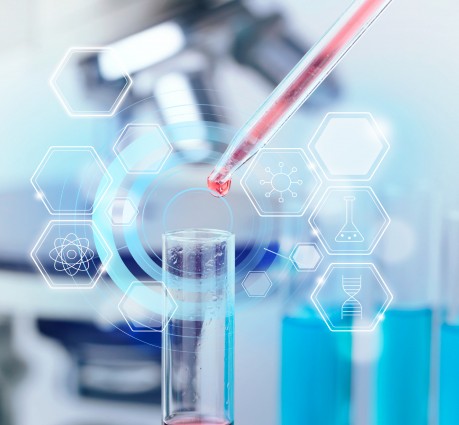A Master of Science in Chemistry confers both professional and high-level scientific capability. In addition to providing advanced theoretical and practical knowledge in particular disciplines, it offers scientific and professional entry-level capability. Students complete their master's degrees in the specific subject they studied for their graduating course. This degree programme provides a strong foundation for students who desire to continue their education and enrol in M.Phil. or PhD rograms. It is a means of finding employment in sectors including the food and beverage industry, healthcare organisations, utilities, energy research, and health organizations. Those who want to go on to graduate school can enrol in programmes like the M.Phil. In Chemistry or the PhD in Applied Chemistry.
Duration of programme
Level of Study

Matter Study Emphasis
Subfield Investigation
Tools and Techniques
Comprehensive Study
Eligibility Criteria
B.Sc. / B.Sc. (Hons) with Chemistry as a regular subject at graduation level